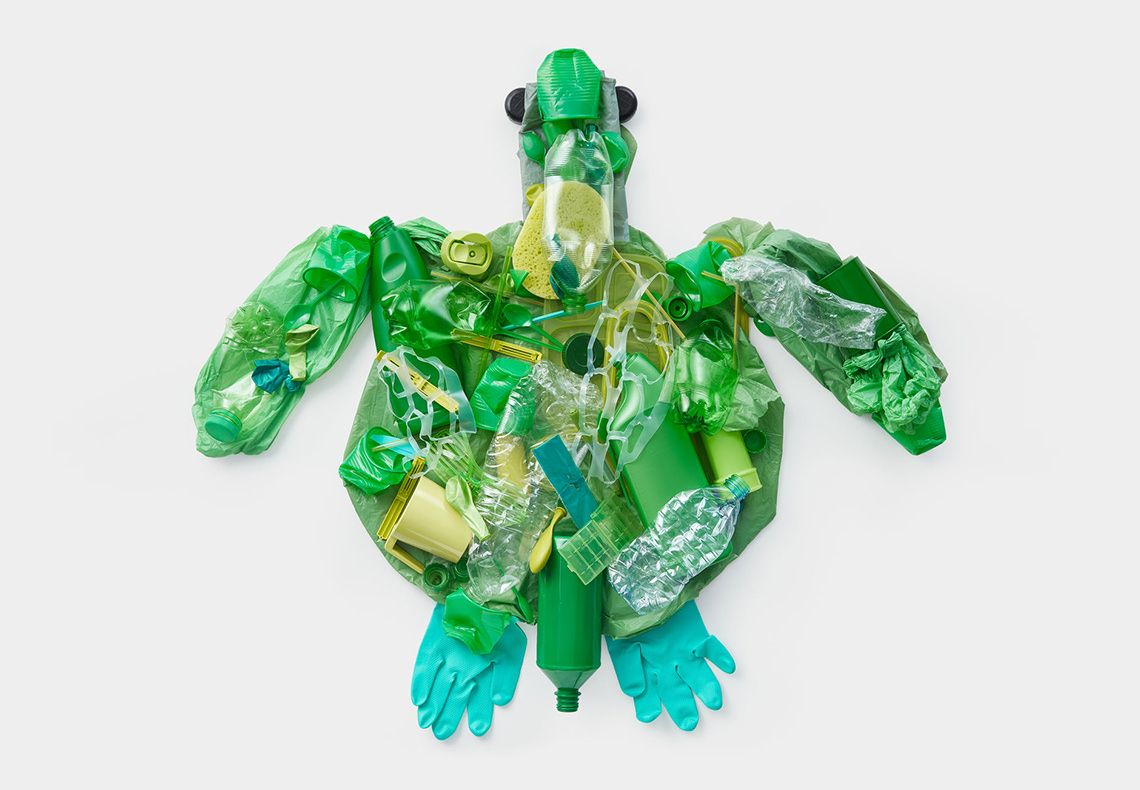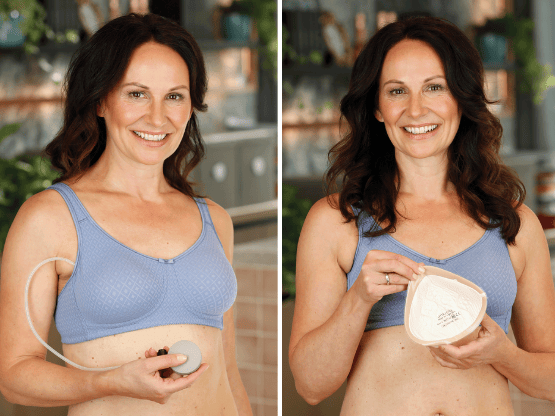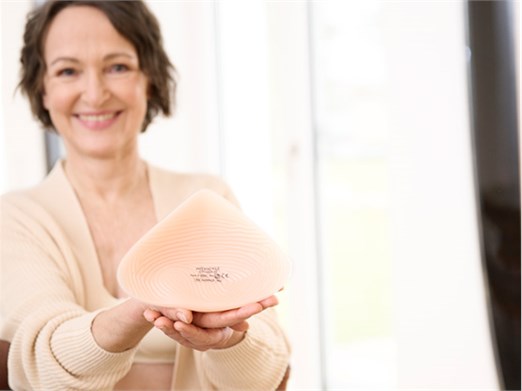Plastics In The Oceans - What We Can Do To Reduce It?
Find out key facts about plastic in the sea and tips on how to reduce plastic waste

Experts estimate some 150 million tonnes of plastic waste are already floating around in the sea today, from rubbish bags and fishing nets to tiny microparticles that can barely be seen with the naked eye.
The plastic particles not only contain toxins but also act as a sort of pollutant magnet. In other words, they collect pollutants, which damage the flora and fauna of the oceans. Many marine creatures also confuse plastic with food – and once swallowed, the plastic pieces can harm their stomachs and intestines.
Just 9% of plastic is recycled worldwide*
How To Stop Plastic Pollution In The Oceans?
There are hardly any genuine efforts to clean our oceans – apart from individual projects by non-governmental organisations and private initiatives. It is, therefore, all the more important that we all think about our plastic consumption.
7 Ways to Reduce Plastic in the Sea:
- Use cotton carrier bags instead of plastic bags.
- Stop buying bottled water, carry around a reusable bottle and use tap water instead. A million plastic bottles are bought around the world every minute.**
- Recycle the right way – check how to recycle properly at your local recycling centre. You should get a list of the types of plastic they accept.
- Buy unpackaged vegetables and fruits.
- Switch to natural fibres – not just for your clothing, but also your bed linen and towels. During washing, textiles made from polyester, nylon and acrylic can shed tiny plastic fibres, and these cannot be filtered out of sewage treatment plants.
- Talk about plastic in the sea – be active on social media. The more people develop awareness of the problem and act responsibly, the sooner the pollution of the seas can begin to be reversed. We‘re eagerly doing our part by publishing this article - please share it with your friends!
- Avoid cosmetics and cleaning products which contain microplastics (some exfoliation scrubs, shower gels, toothpaste). The minute plastic particles are extremely difficult to filter out of wastewater. Chemically manufactured plastic additives can be identified by their names in the ingredients list, such as Acrylate Copolymer (AC), Acrylate Crosspolymer (ACS), Dimethiconol or Methicone. You can also find out if cosmetics contain microplastics by using free smartphone apps such as Beat The Microbead just take a picture of the product's barcode with the app. Many nature conservation organisations also provide information on this topic.
What Amoena is doing for the environment?
Amoena recycles as much as possible. For example, all breast prostheses are coated with an elastic polyurethane film, and the film remnants left behind after production are completely recycled.
The company’s recycling rate is currently at over 95
Amoena is committed to sustainability and ensures that working conditions abroad meet German standards - read an interview with Dirk Müller responsible for the development and processing of textiles at Amoena.
* National Geographic - A whopping 91% of plastic isn't recycled
** The Guardian - A million bottles a minute: world's plastic binge 'as dangerous as climate change








